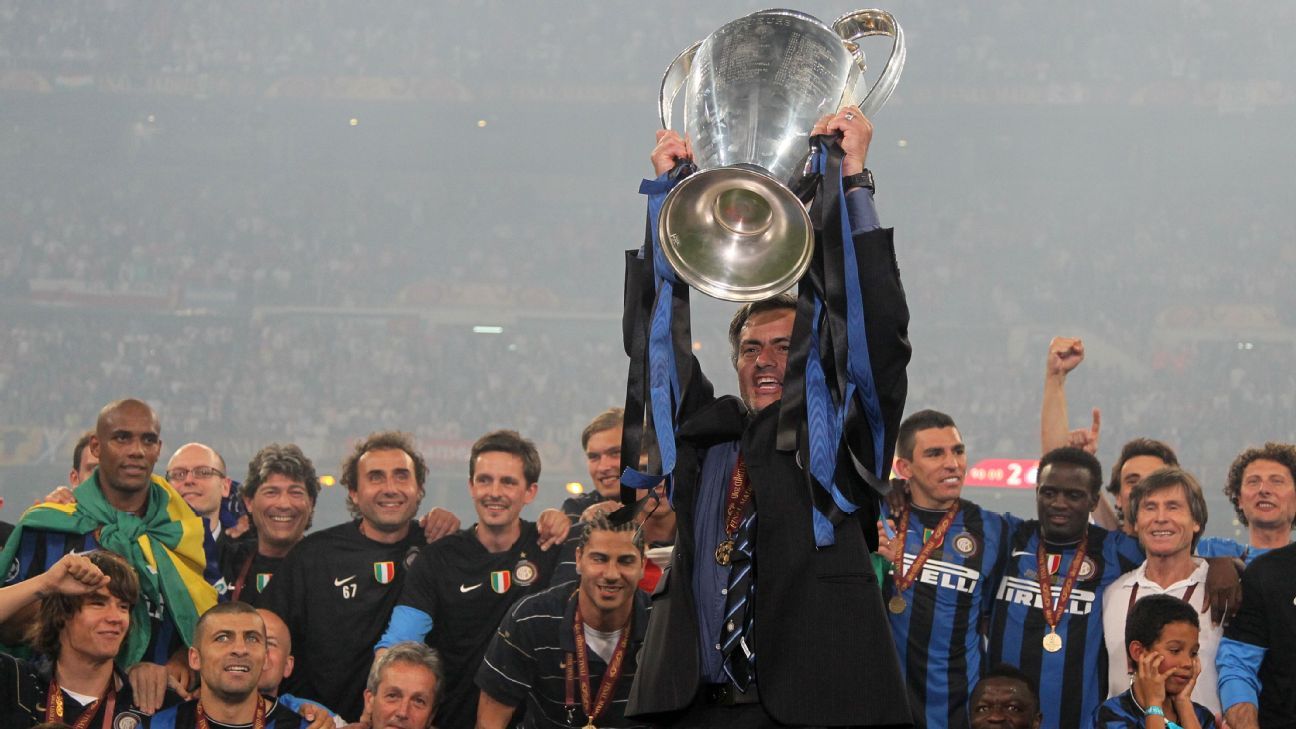
The Champions League made José Mourinho and, perhaps, for a generation of soccer fans, José Mourinho also helped to make the Champions League. For the best part of a decade he dominated the narrative around this competition like no other manager could. From his first triumph, with Porto, in 2004, through to the last of his three consecutive semi-final defeats at Real Madrid, in 2013, how many of the most memorable moments were his?
First came the charge down the sideline at Old Trafford, fists pumping and coattail flapping behind him as he raced to celebrate the 92nd-minute Costinha equaliser that would seal a famous 3-2 aggregate victory over Manchester United. As stunning an upset as that was, the resistance of his short-manned Inter at Barcelona's Camp Nou six years later might have been more iconic still.
- ESPN+: Stream ESPN FC TV daily and 30 for 30: Soccer Stories
Even when his teams weren't winning, Mourinho still demanded attention. He hid in a laundry basket to get around a suspension, conjured up analogies comparing soccer teams to omelettes and introduced an English-speaking audience to the phrase "ghost goal."
More darkly, he also made a false allegation against a referee, Anders Frisk, asserting that the official had met with the Barcelona manager Frank Rijkaard in his dressing room at half-time of a last-16 tie. Frisk subsequently received death threats and retired. UEFA would eventually release a statement absolving Mourinho of responsibility for that decision, but it would not be the last time that he sparked outrage with claims of conspiracy.
Whether good or bad, you could not write the history of the Champions League in this period without him. These were 10 years in which Mourinho managed four different clubs and failed only three times to reach the semifinals.
After lifting the trophy with Porto, he led Chelsea to the semis twice in three seasons, only to lose narrowly both times to Liverpool. Next came Inter. Under his stewardship, they became the first team ever to win a treble of Champions League, Serie A and Coppa Italia.
When Real Madrid hired Mourinho immediately after that trio of triumphs, he was presented as a "can't-miss" appointment. Prior to Mourinho, Madrid's transfer policy under Florentino Pérez in the early 2000s had been defined by its superstar player signings -- the so-called "galácticos" like Luis Figo, Zinedine Zidane, David Beckham and the Brazilian Ronaldo. "This year," the president explained, "the galáctico is Mourinho."
It ought to have been a match made in heaven. Pérez and Mourinho shared the same priority: to become continental champions once more. Although Madrid were already the most successful team in European Cup history, they had not won it since 2002, sitting one shy of La Decima, an iconic 10th success. Mourinho, having become the third manager ever to win the competition with two different clubs, saw an opportunity to write his legacy by becoming the first to do it with three.
The story goes that when Pérez led Mourinho through the club's museum at the Santiago Bernabéu, he stopped in front of the trophy and confessed to his new manager that "I miss it." "Me too," Mourinho replied. "And for me, it has only been a few days."
Jose Mourinho reveals his career-best XI
Sid Lowe reacts to Jose Mourinho's best starting XI from his time at clubs like Chelsea, Inter and Real Madrid.
Yet, somehow, they never quite made it happen, and even now, opinions differ on Mourinho's tenure in Madrid.
His supporters point out that nothing is guaranteed in knockout competitions, and that the team had previously gone six years without even making it to a quarterfinal. They note that he only lost to Bayern Munich on penalties in 2012 and by a single goal to Borussia Dortmund a year later. His critics counter by observing that Madrid enjoyed some accommodating draws leading up to those semifinals, and that only Manchester City spent more on transfers over the same period. The fact that his successor, Carlo Ancelotti, won the Champions League at the first attempt, even thumping Bayern 5-0 on aggregate in the semis, looked bad for Mourinho, too.
Still, he was at least always a part of the Champions League conversation at Madrid; Mourinho has scarcely even had a chance to compete for the trophy he covets most in the decade since. There was one more semifinal, at the start of his second tenure with Chelsea. After drawing 0-0 away to Atlético Madrid in the first leg, Mourinho's team went 1-0 up in the return game at Stamford Bridge, only to concede an equaliser before half-time and crumble to a 3-1 defeat.
Mourinho's subsequent criticism of Eden Hazard, who failed to track Juanfran in the build-up to Atlético's equaliser, may have been a turning point. Chelsea went on to win the Premier League the next season, but the manager's relationship with Hazard deteriorated and teammates have observed that the Belgian started to lose sight of his own best qualities, forcing bad passes in an effort to appease his manager when before he should have carried the ball forward himself.
It all feeds into a greater narrative with Mourinho, that he has become too egotistical, too ready to throw his own players under the bus in this latter stage of his career. At Porto, Inter and during his first tenure at Chelsea, he had been perceived as a manager who shielded his squads by drawing the media's attention on himself, his braggadocio-laden press conferences and conspiratorial claims all just methods of misdirection. Now he was letting others become scapegoats for his team's failings.
The truth is, though, that this was not actually a new tactic at all. Mourinho has picked fights with his players all through his career, and often with the biggest stars. In his first season at Porto, he banned the first-choice goalkeeper, Vitor Baía, from team activities from a month after an argument. In 2010, on the way to that treble at Inter, Mario Balotelli was publicly scorned. The difference was that, back then, the messaging worked.
At Porto, players saw that a young manager was prepared to make strong decisions. At Inter, a squad that had been asked to buy into an ethos of self-sacrifice was reassured that no exceptions would be made, even if that meant damaging the potential sell-on value of a player viewed as a major asset.
There are myriad reasons why a similar ruse might not have worked out so well in Manchester, London or Madrid. Human relationships are complicated, and whole articles could be written on the psychological state of each squad. Perhaps all that is a distraction, anyway. Is it really Mourinho's man-management that has let him down, or are his tactics simply outdated?
In more successful times he would mock football's idealists. "There are lots of poets in football," he said after winning the Europa League with Manchester United in 2017, "but poets don't win titles." But Jonathan Wilson, author of "Inverting The Pyramid," has argued that at a certain stage, Mourinho himself became a poet, too attached to his own belief that hard graft and defensive discipline could overcome anything. Mourinho might have been right, once, but soccer has moved on around him.
In the early 2010s, he was competing with Pep Guardiola, Barcelona and delicate tiki taka. Today, the kings of Europe are Liverpool with Jurgen Klopp's furious "heavy metal football." Different times require different solutions.
None of which is to say that Mourinho's window for winning the Champions League is necessarily closed. It's difficult for any manager to stay at the forefront of the game through multiple decades -- there is a reason why so few have done it -- but not impossible.
Mourinho has not always been dogmatic. At Porto and Inter, as well as in that first stint at Chelsea, he actually showed himself to be very tactically adaptable. Or maybe tactics are also a red herring. Was the secret ingredient in each of those settings actually something else? Back then, Mourinho always seemed like a man having fun.
In an interview with Gazzetta dello Sport last week, Mourinho was asked about the decision to leave Inter for Madrid in the summer of 2010. He spoke frankly about ambition, the fact that he had already turned the Spanish club down twice and that desire to achieve something unprecedented, winning the Champions League with a third different club from a third different country.
Yet parting with Inter was still difficult. By Mourinho's account, the club's owner, Massimo Moratti, told him after the semifinal win over Barcelona that they would not stand in his way, that after such a performance he owed them nothing. In effect, the Italian club granted him "the right to do what I wanted. But not the right to be happy. In fact, I was happier in Milan than Madrid.
Mourinho's enduring attachment to that Inter team feels noteworthy. The Champions League-winning side still have a WhatsApp group together, and players have observed that their old manager is the most active person in it. It is a detail that feels at once charming, but also revealing. It's hard to imagine such close involvement with his squads from Manchester or Madrid.
Togetherness, and a shared sense of purpose, are often cited at Inter as the key ingredients in their unprecedented 2010 success. Time will tell if Mourinho can achieve something similar at Tottenham, or wherever his journey takes him next. He has already left his mark on European soccer's most prestigious competition. But in his own mind, at least, the story is not finished yet.


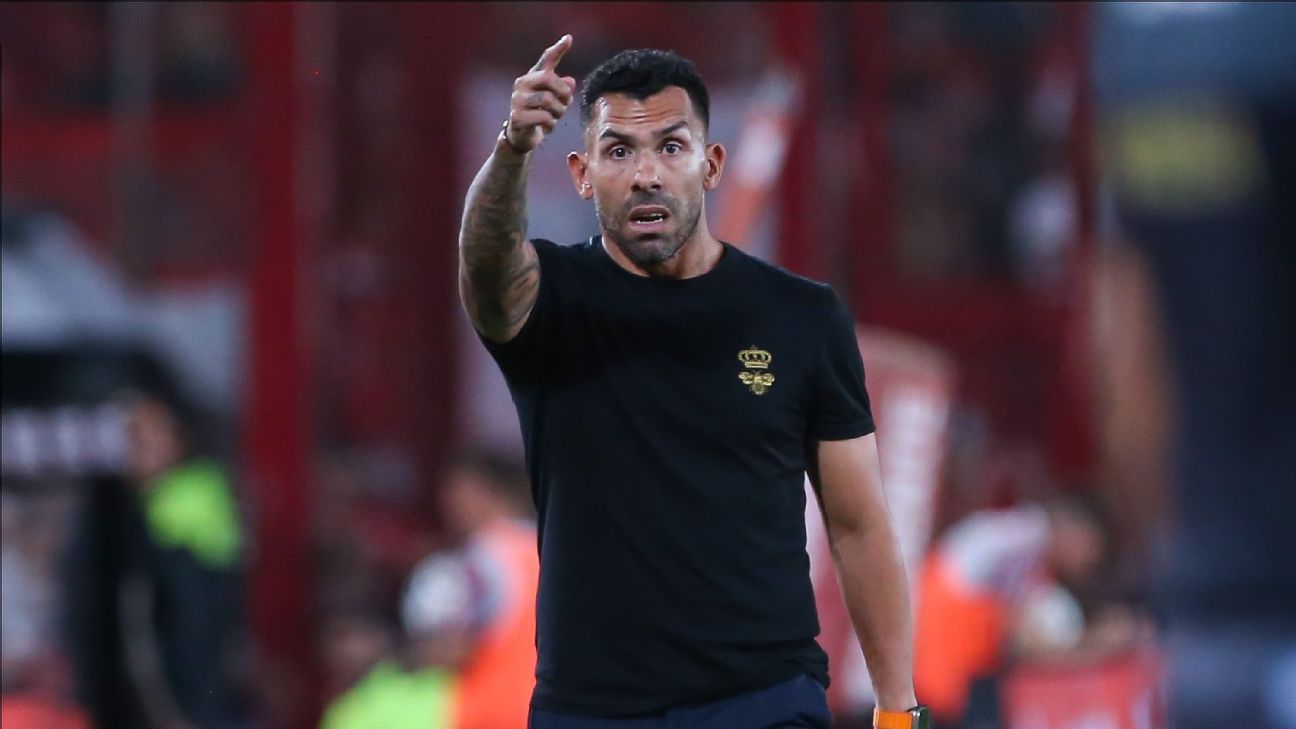
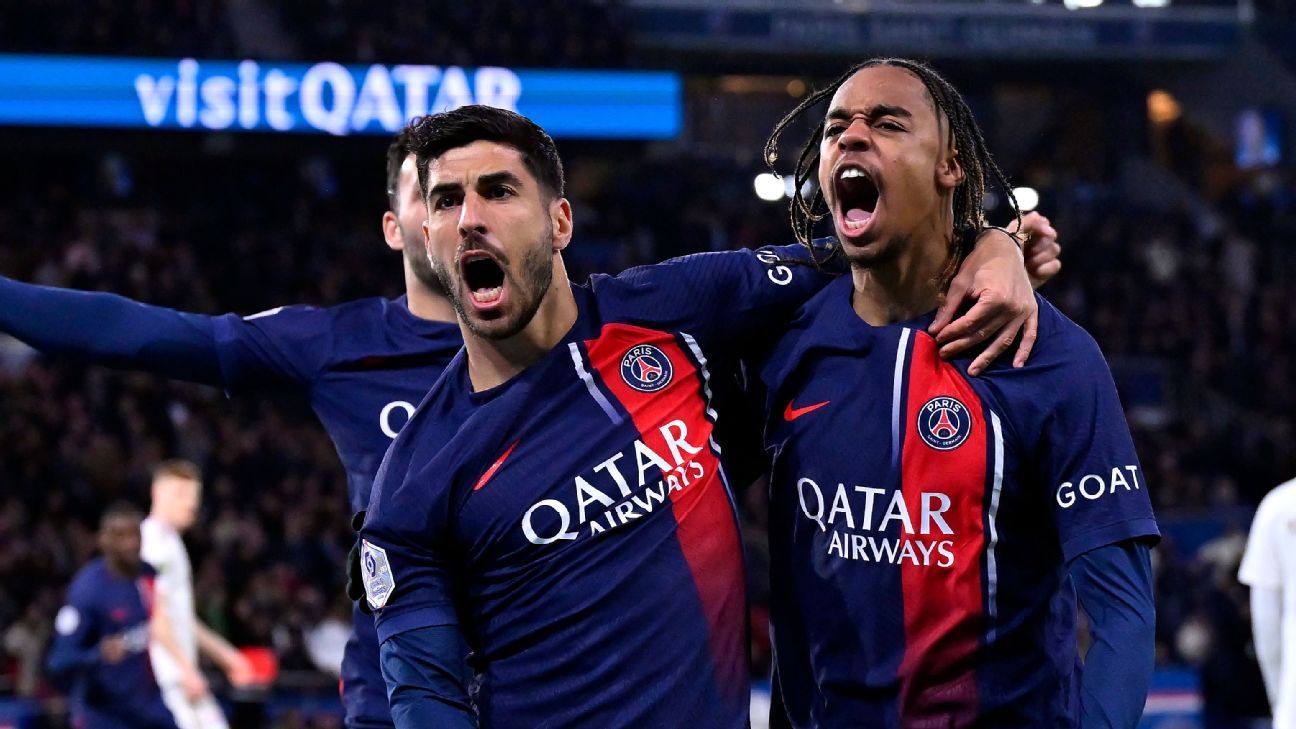
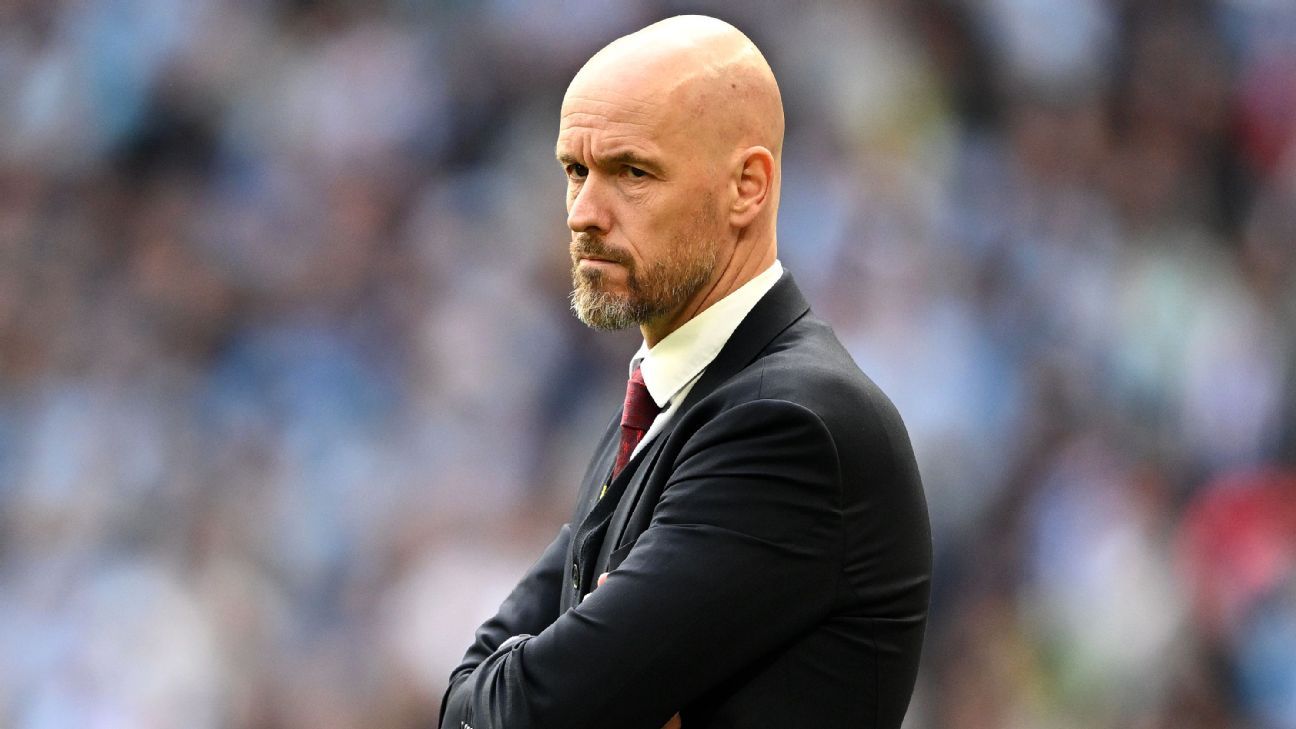





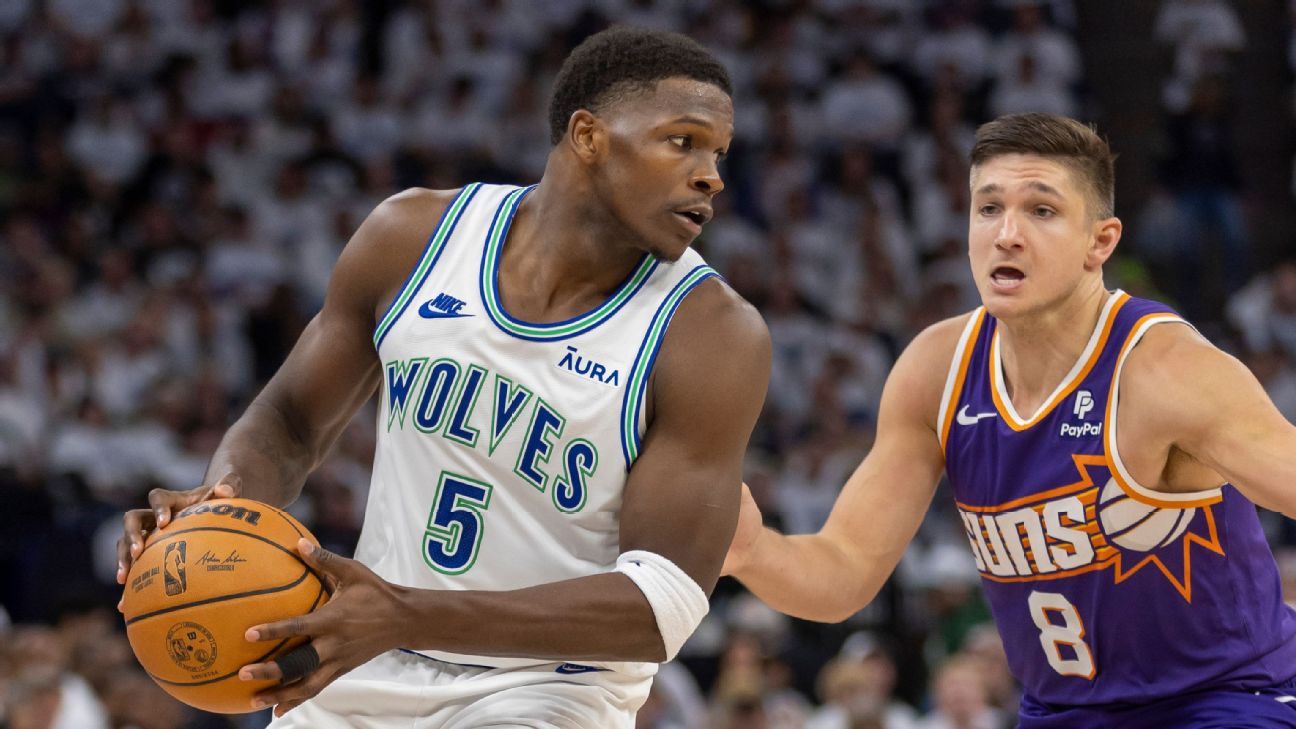
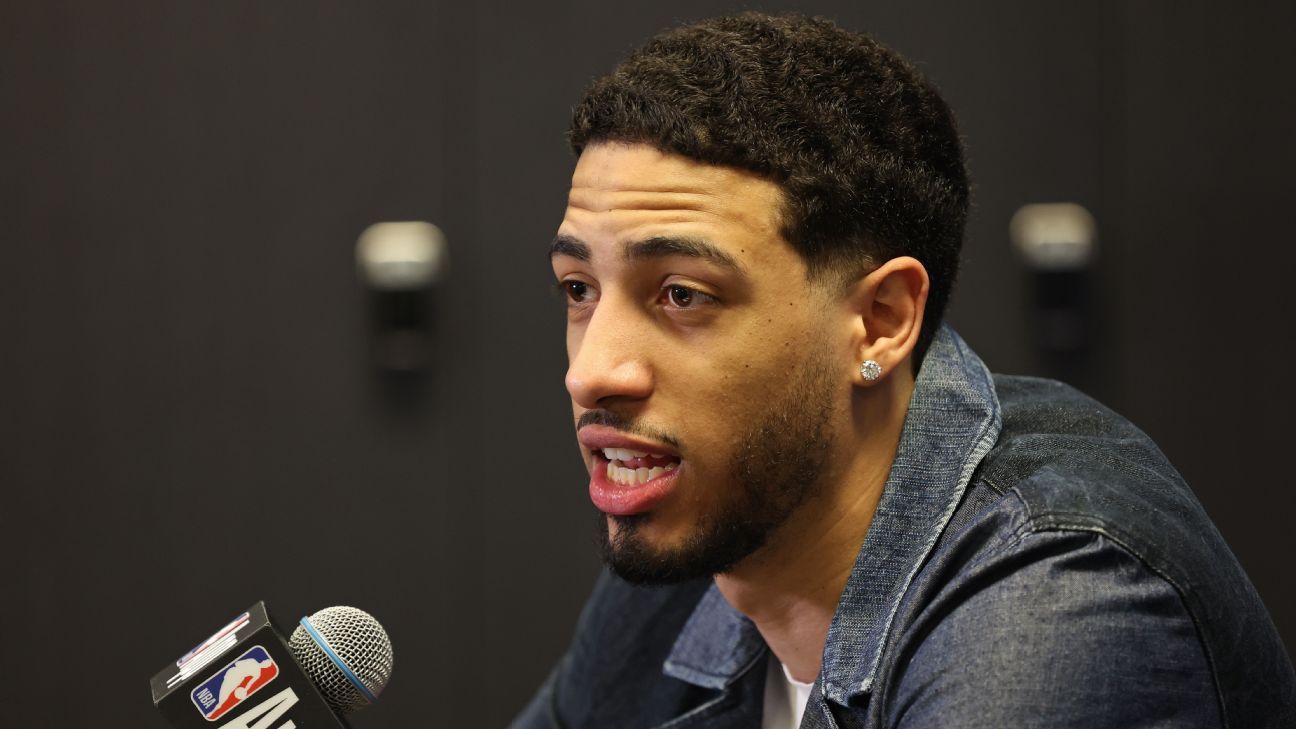
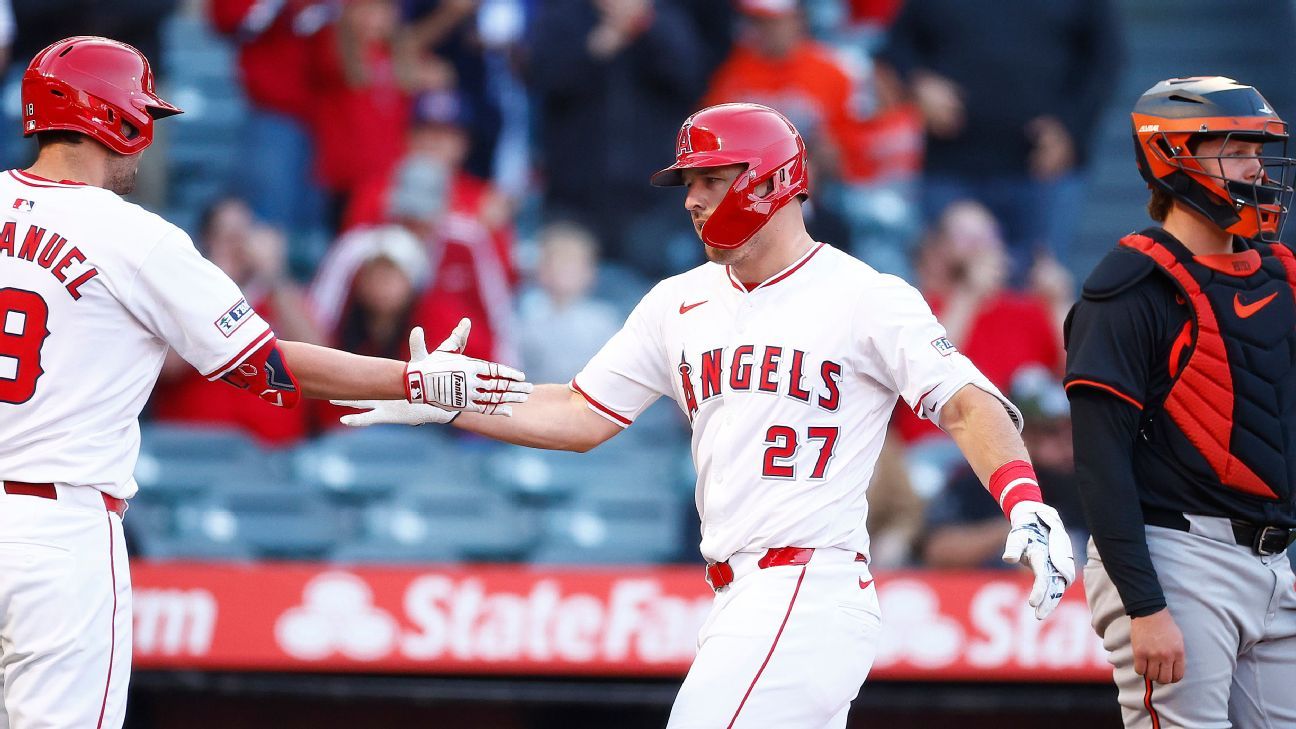
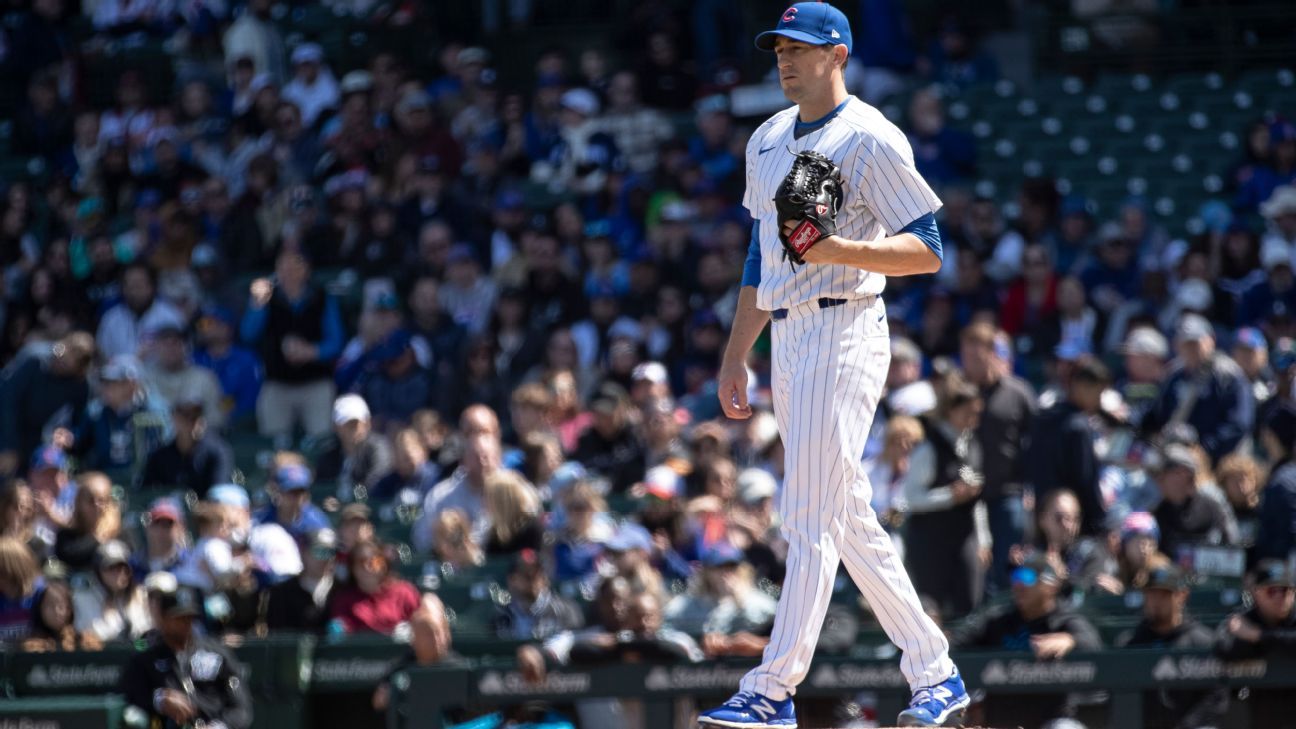

 Phone: (800) 737. 6040
Phone: (800) 737. 6040 Fax: (800) 825 5558
Fax: (800) 825 5558 Website:
Website:  Email:
Email: 






